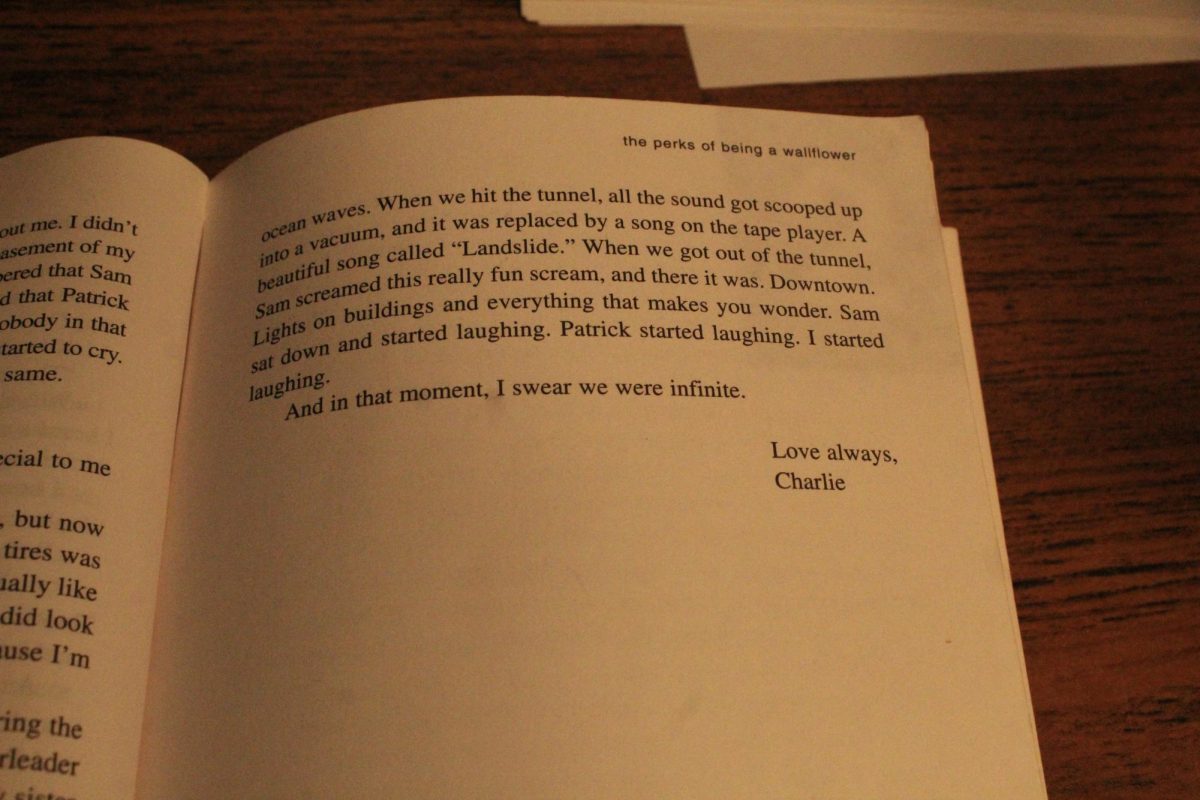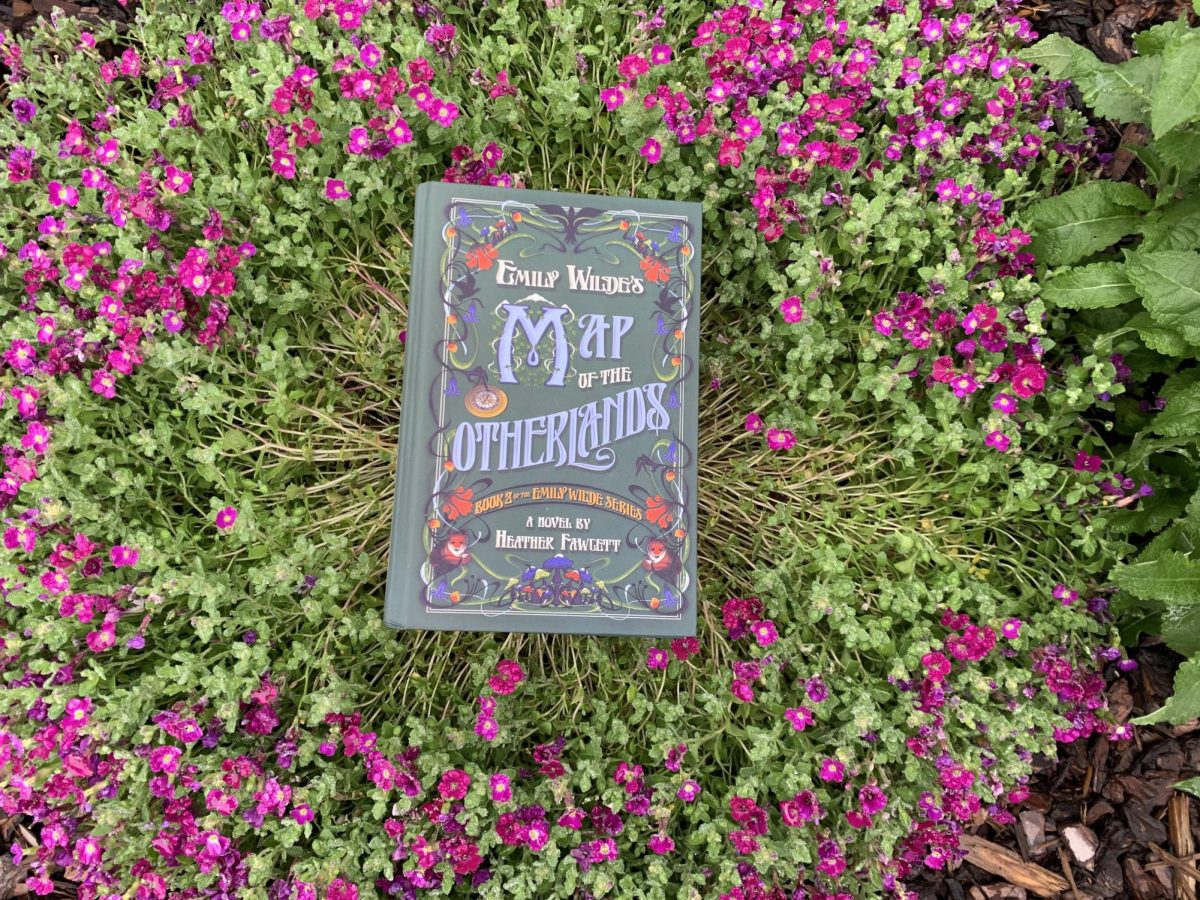Movie adaptations of books are never as good as the original and are often just a way to make money off a franchise that already has a built in fanbase rather than trying to tell a beloved story with care. Often the movie will not capture the same feeling of the original story, add things that feel out of character, or just omit details. Books let you design a story in your head, escape, and open a door to your imagination.
The Perks of Being a Wallflower is one of those rare stories that has managed to stay relevant in the decades since it was published. It is a timeless story that holds its quality in both the book and film adaptation. A large part of what makes this adaptation so beloved and just genuinely great is the mind behind it all, Stephen Chlbosky. Chlbosky is both the author of The Perks of Being a Wallflower and the subsequent film. Unfortunately, including authors in the film making process is rare in Hollywood. Authors hardly ever have a significant role in the adaptations of their stories, let alone having the opportunity to be the director. Making this standard practice instead of an anomaly would improve a lot of other film adaptations the same way it strengthened The Perks of Being a Wallflower.
The story features Charlie, a boy who is adapting to high school after suffering a great loss in his life. His quiet and reserved personality makes it difficult to make friends, but he is taken under the wing of two seniors, Sam and Patrick. The movie takes what is already good about the characters and is able to bring them to life. The characters of this story stay consistent throughout the entire movie. When you watch the movie the it shows that the actors knew their characters and got to know them well. They had done their homework. The relationships of these characters are perfectly taken from the ink to the screen.
Charlie, our protagonist, is represented as someone struggling with underlying mental health issues, although neither version of the story labels him outright. I think both the book and the movie do a good job of showing and not telling, making it more engaging for the reader. We follow the story through the eyes of Charlie and his letters in the book. The reader starts to put the pieces together from the perspective of an unreliable narrator. Charlie remains our narrator, but a movie gives an opportunity to really see the characters and let their individual personalities come through.
This story is timeless in the sense that it is something that is able to appeal to a young age group and still take on serious topics. It connects with the audience in a relatable way and still represents these important themes. It knows its audience can handle these mature storylines and it does not dilute the situations. It does not shy away from mental health, sexual abuse, suicide and trauma. It is understood that these difficult topics can be hard to shed light on but are important to be spoken about.
While this story has a lot of more mature and darker themes the film manages to have a good balance of adding light heartedness and handling the serious content with care.
The Perks of Being a Wallflower is such a special film and book loved not just by critics but by the public. It is a story with well-developed characters, proper humor, important topics that need to be spoken about, and storytelling that captivates readers and viewers. The movie understands the balance that needs to be made between lightheartedness and exposing young adults to heavier topics.































































































